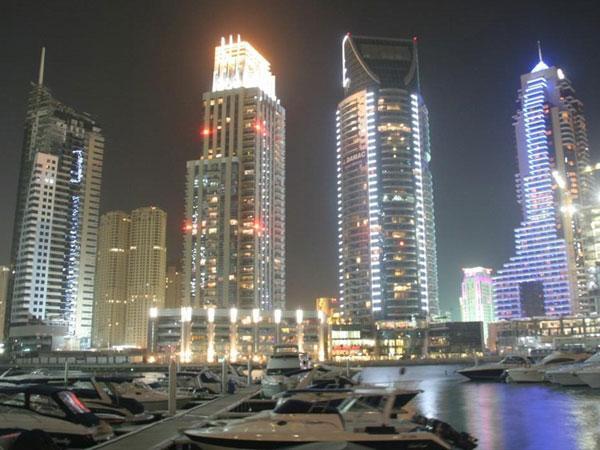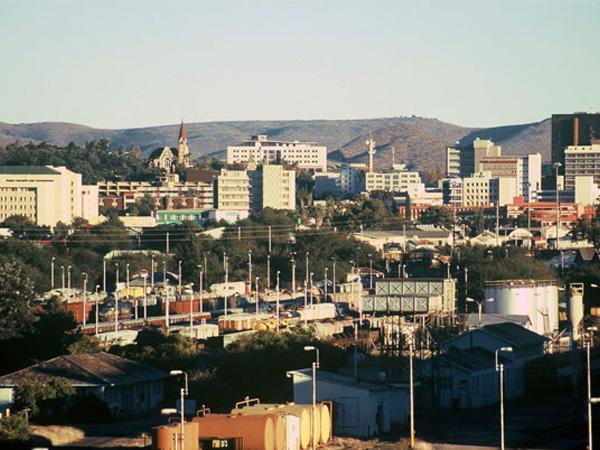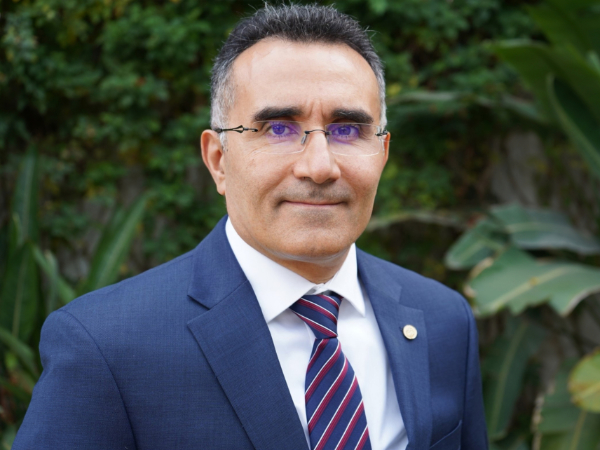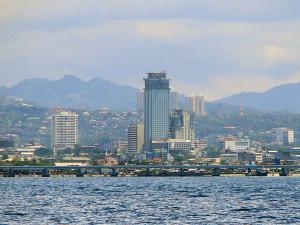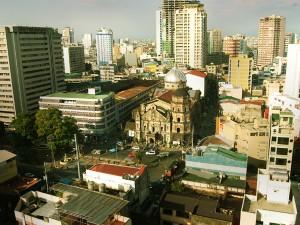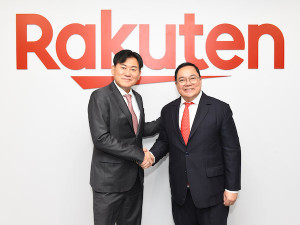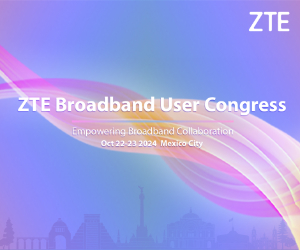Now Corporation sees its rivals selling off tower assets to independent tower companies as an opportunity for its enterprise broadband provider unit Now Telecom to expand its coverage through leasing deals, and eventually launch its consumer mobile business in two years.
This was the strategy outlined by Now Corporation Chairman Mel Velarde (pictured) who spoke to Developing Telecoms last month at Mobile World Congress Barcelona.
He hailed the current administration for “breaking down key barriers” to enable operators outside of the duopoly of Smart (PLDT) and Globe Telecom, to be more competitive.
Velarde explained operators have to go through “a lot of red tape” by gaining permission from national and local government agencies before enacting strategies. But the Ferdinand Marcos Junior administration is apparently working to streamline this regulatory process.
“The direction that regulation is heading will break this barrier, what we heard is there will be a one stop shop for infrastructure deployment. There will be less hurdles to jump over as local and national governments align on vital issues such as the environmental impact of rollouts. I think Now Telecom will benefit the most from that,” said Velarde.
Another key regulatory “barrier destroyer” that has been heavily dominating the Philippines telecoms space is the enablement of Philippines-based telcos to sell off their passive infrastructure.
Velarde said Globe and Smart’s massive sale of towers “helps players three and four to lease towers” and expand their coverage. The chairman confirmed Now is in talks with independent tower companies such as SBA Communications, Frontier Tower Associates, and Unity Digital Infrastructure.
“The tower buyers are independent tower companies for the most part, and they have leaseback arrangements with Globe and Smart. But they're not prevented from getting more leases. Of course, they're retrofitting the tower to accommodate more tenants, so the likes of SBA, American Tower, Frontier and Unity are available for telecom companies like ourselves,” said Velarde.
The chairman said Now Telecom will be signing new lease deals with tower companies in the near future.
“We will be signing soon because we've identified certain areas and they’re [tower companies] in these strategic areas. It makes more sense to lease than to put up our own towers because it's incredibly expensive to deploy,” said Velarde.
The wider strategy in the immediate term from this boost in coverage is to bolster Now Telecom’s main business of providing broadband and fixed wireless access (FWA) to enterprises in the Philippines. A play on mobile will come in the next two years, revealed Velarde.
“Once the base stations for mobility come in, then we'll do mobile in a couple of years. It's going to be in a couple of years because you need a huge footprint - it's not like fixed wireless where we put one access point and deliver connectivity to anyone within three kilometres, said Velarde
“But with mobility you need to be present on a wider scale plus the number one precursor for that is fibre optic cables that connect the base stations, there’s no 5G without fibre.”
Open RAN plan
During Mobile World Congress Barcelona, Now Telecom signed an MoU with Japan-based Rakuten Symphony to establish a collaboration framework to deploy and test 5G open RAN in the Philippines.
Under the agreement, the companies will develop disaggregated networks and open interfaces in the South-East Asian country.
Velarde revealed: “Now Telecom will leverage Rakuten’s Open RAN architecture. And we've both been informed by the Japanese government they also want to fund deployment in the Philippines.”
Open RAN enables another key focus for Now Telecom, and that is to maintain network security - a key selling point for clients in vital sectors such as energy and shipping.
“Our goal really is to make sure that enterprises that fall under one of the 16 critical infrastructure sectors, use trusted equipment given the fact that our airports, mine, seaports and power plants are at risk of cyber attacks. The next two years allow us to continue our enterprise game plan, lay down the fibre and the base station in time for consumer mobility,” said Velarde.
Duopoly - Globe and Smart
On Now Telecom’s rivals in the Philippines telecoms market, Velarde claims they are now pulling back on deploying more base stations, and “are not building and making their networks better.”
“Data consumption is going up but capex was cut [by rivals]. This is the paradox of it all, and why is there a paradox? Because they control regulations, they can sit and enjoy [profits].
“That paradox would disappear in a competitive market like India. What's happening in the Philippines is that you have two telcos that are sitting there and enjoying the market with the profits that they can get, and milking it with the same networks they already built," argued Velarde.

